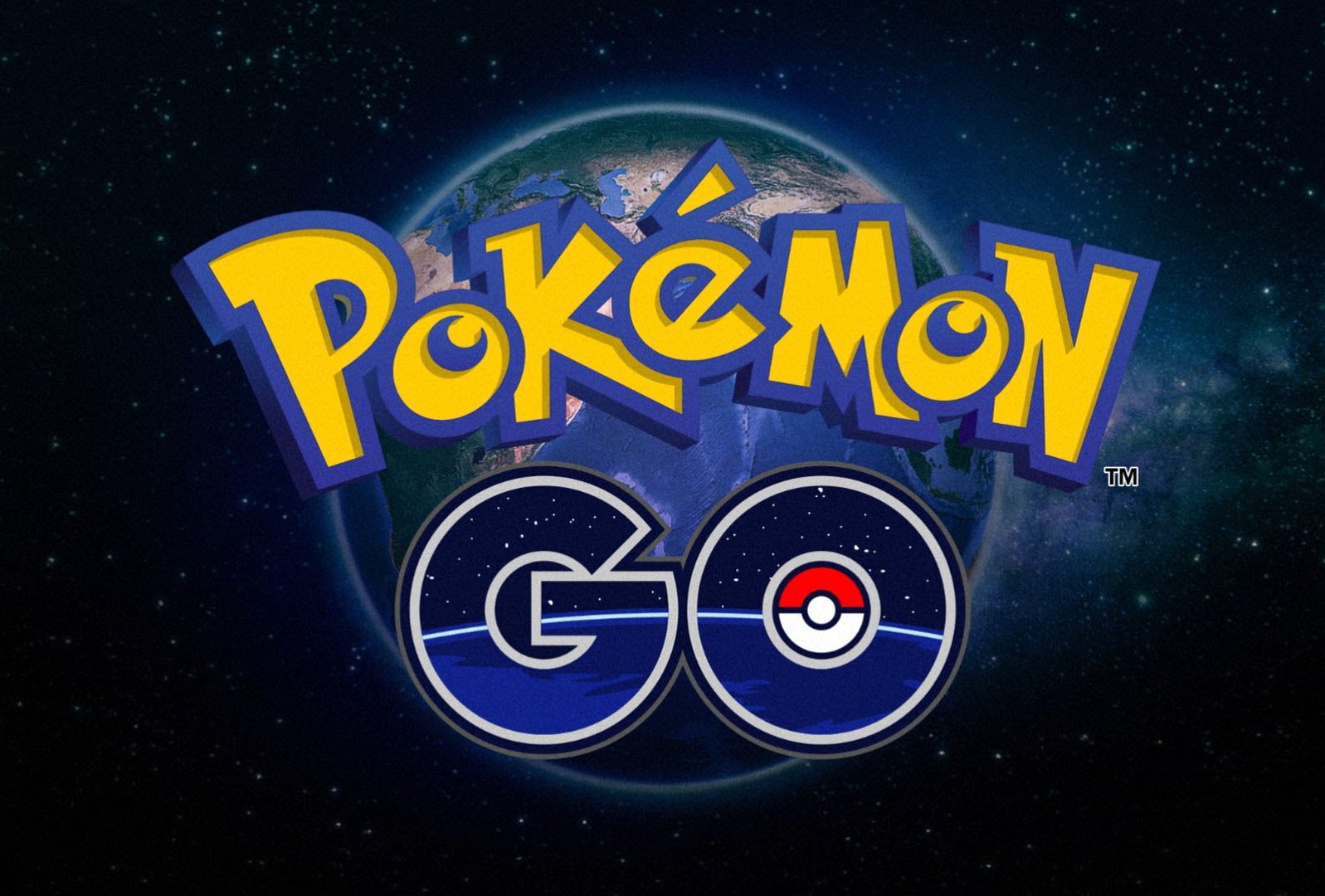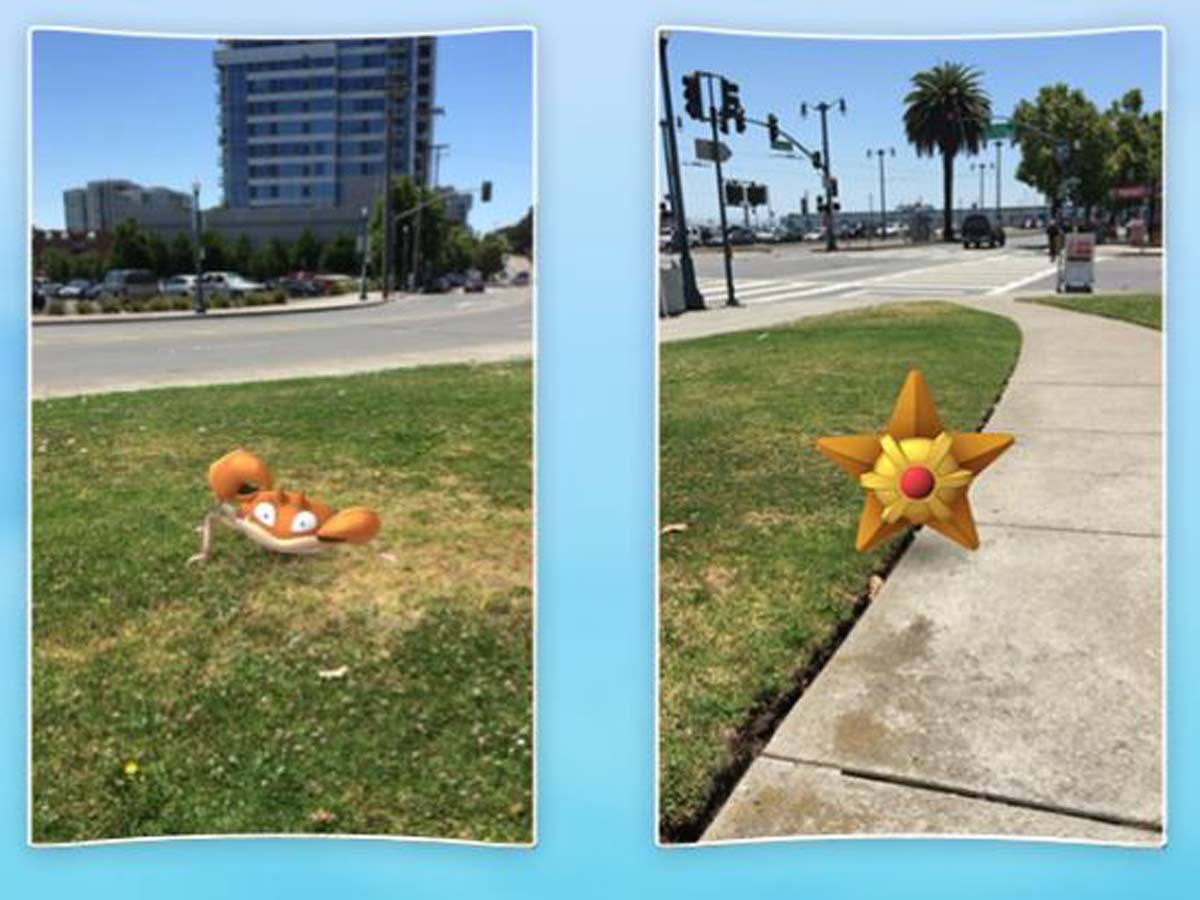'Pokemon Go' Makers Face Class Action Lawsuit For Trespassing
Pokemon Go has become a major augmented reality phenomenon with millions of players worldwide in a relatively short amount of time. Although most welcomed the game warmly, the software developers are now facing a class action lawsuit for Pokemon, Pokestops and Pokemon Gyms located on private and public property without the consent of the landowners.
When Niantic released Pokemon Go, it randomly placed Pokemon, Pokestops and Pokemon Gyms all over the world. Players of the game wander the real world and use smartphones to capture Pokemon, buy items and fight Pokemon Gym leaders.
“To create that immersive world, Niantic made unauthorized use of Plaintiff’s and other Class members’ property by placing Pokéstops and Pokémon gyms thereupon or nearby,” said Jennifer Pafiti in the lawsuit. “In so doing, Niantic has encouraged Pokémon Go’s millions of players to make unwanted incursions onto the properties of plaintiff, and other members of the class, a clear and ongoing invasion of their use and enjoyment of their land from which defendants have profited and continue to profit.”
Due to the randomized placement of the Pokemon, Pokestops and Pokemon Gyms, they have turned up in some unwanted locations such as in houses, cemeteries and museums. According to Jeffrey Marder, a man living in New Jersey, he received at least five unwelcome visitors that wanted access to his backyard to catch Pokemon within the first week of the game’s launch.
“Plaintiff and other Class members have all suffered and will continue to suffer harm and damages as a result of Defendants’ unlawful and wrongful conduct. A class action is superior to other available methods for the fair and efficient adjudication of this controversy,” said Pafiti.
Mr. Marder is not alone either; one Massachusetts homeowner claimed that they received as many as 15 visitors in just a few hours after Niantic designated the home as a Pokemon Gym. Niantic has also received complaints from cemeteries and the United States Holocaust Memorial Museum in Washington D.C. for its inappropriate placement of Pokemon.
The plaintiffs are pressing the lawsuit on one count of nuisance and one count of unjust enrichment. The plaintiff used the following statements to defend its position:
Get Tom's Hardware's best news and in-depth reviews, straight to your inbox.
“At common law, an invasion of one’s use and enjoyment of their land, if repeated or of long duration, constitutes a nuisance. The foregoing conduct has resulted in foreseeable incursions by Pokémon Go players onto the property of Plaintiff and the other members of the proposed class, thereby invading their use and enjoyment of their properties."
Niantic technically created Pokemon Go, and The Pokemon Company and Nintendo do not own it, but the plaintiffs levied the class action lawsuit against all three companies. As The Pokemon Company merely licensed the IP to Niantic, and Nintendo is not directly involved with Pokemon Go, it is unlikely that the Plaintiffs will succeed in pressing these charges against either company.
As the primary game developer and operator, Niantic will likely bear the brunt of the lawsuit if it loses the court case.
-
grilledcheez I can understand how home owners would be pissed. Niantic should maybe open a complaints forum for people's who homes are being trespassed because of pokestop or pokegym and Niantic could move it to another location OR remove it from the game as a stop or gym. For the most part, I can just catch pokemon from the street if its in someone's yard. People should not be trespassing on PRIVATE property. However, as for a museum, isn't it a PUBLIC space? I wouldn't say that is trespassing, maybe loitering for hanging around and catching pokemon.Reply
On the other side of the coin... It's not like Niantic is physically trespassing... I don't understand how this would hold up in court... but I'm no law expert, so wtf do I know. -
NeilBlake Reply
Explain how people who are pestered constantly by Pokémon Go players in their own homes and on their own property are the "greedy" ones? Not to mention players going on to cemeteries. That takes a special kind of greediness and disrespect to do that.18374447 said:Can't make a successful product anymore without the greedy parasites feeding.
No, the simple fact is that Niantic stupidly did not consider the placement of their pixels before launching the game and the players that go onto cemetery grounds and ring the doorbells of private individuals just to capture pokemon are just way to self absorbed and unable to know what is and isn't appropriate.
-
NeilBlake Reply18374488 said:I can understand how home owners would be pissed. Niantic should maybe open a complaints forum for people's who homes are being trespassed because of pokestop or pokegym and Niantic could move it to another location OR remove it from the game as a stop or gym. For the most part, I can just catch pokemon from the street if its in someone's yard. People should not be trespassing on PRIVATE property. However, as for a museum, isn't it a PUBLIC space? I wouldn't say that is trespassing, maybe loitering for hanging around and catching pokemon.
On the other side of the coin... It's not like Niantic is physically trespassing... I don't understand how this would hold up in court... but I'm no law expert, so wtf do I know.
What Niantic should have done is limit this to public spaces such as parks, playgrounds, campgrounds, etc. as well as making deals with businesses about where players could go to. There was a real opportunity for marketing it seems they missed out on which also would have eliminated this issue.
And a place like a museum may be public, but players who are interfering with the activities of patrons there for what the museum intended would indeed be trespassing and Niantic would be legally liable for being the party encouraging the players to go these places.
-
MinisterPhobia >> When Niantic released Pokemon Go, it randomly placed Pokemon, Pokestops and Pokemon Gyms all over the world. <<Reply
This is INCORRECT. Do some research. All Pokestops are in identical positions to "Portals" from Niantic's previous game, Ingress.
With this having been so wrong, the rest of the article is suspect. -
Grontar It's not quite correct to say that Niantic placed stops and gyms randomly across the world. They placed them in the same locations as Ingress portals, which were themselves mostly generated by the players. I think they might have just discovered the downside of letting people crowdsource things without paying proper attention.Reply
Ingress portal submissions were always theoretically checked by somebody at Niantic though, so they've only got themselves to blame however you look at it. -
grilledcheez Reply18374521 said:18374488 said:I can understand how home owners would be pissed. Niantic should maybe open a complaints forum for people's who homes are being trespassed because of pokestop or pokegym and Niantic could move it to another location OR remove it from the game as a stop or gym. For the most part, I can just catch pokemon from the street if its in someone's yard. People should not be trespassing on PRIVATE property. However, as for a museum, isn't it a PUBLIC space? I wouldn't say that is trespassing, maybe loitering for hanging around and catching pokemon.
On the other side of the coin... It's not like Niantic is physically trespassing... I don't understand how this would hold up in court... but I'm no law expert, so wtf do I know.
What Niantic should have done is limit this to public spaces such as parks, playgrounds, campgrounds, etc. as well as making deals with businesses about where players could go to. There was a real opportunity for marketing it seems they missed out on which also would have eliminated this issue.
And a place like a museum may be public, but players who are interfering with the activities of patrons there for what the museum intended would indeed be trespassing and Niantic would be legally liable for being the party encouraging the players to go these places.
The only problem with that is, it's near impossible to build the entire world map, it would take them forever. Also, the game is based on an older game of theirs called Ingress. Which, in that game, the players actually established all the locations. So, they imported that database of locations and at random were turned into Pokestops or Pokegyms. It's not like they knew whether they would be public or private property.
The whole game is basically GPS google maps with their Pokemon overlay and all the stops/gyms are based on landmarks players of Ingress had mapped. So I can see how there would be issues with this.
That is why I mentioned they need to have a forum for people to complain and then they can make adjustments. They can't possibly know whether each location in the world is private or public. -
Marcato Correction: The location of each pokestop and gym was NOT randomized. They were pulled from Niantic's previous game: Ingress. Those portals were submitted by users and approved by Niantic.Reply -
Metteec Not all museums are public property. There are quite a few privately-funded museums that require membership or fee. For example, many zoos are privately funded. Having a Pokestop at these locations is unjust enrichment of Niantic. I agree that locations should be limited to public areas only.Reply

